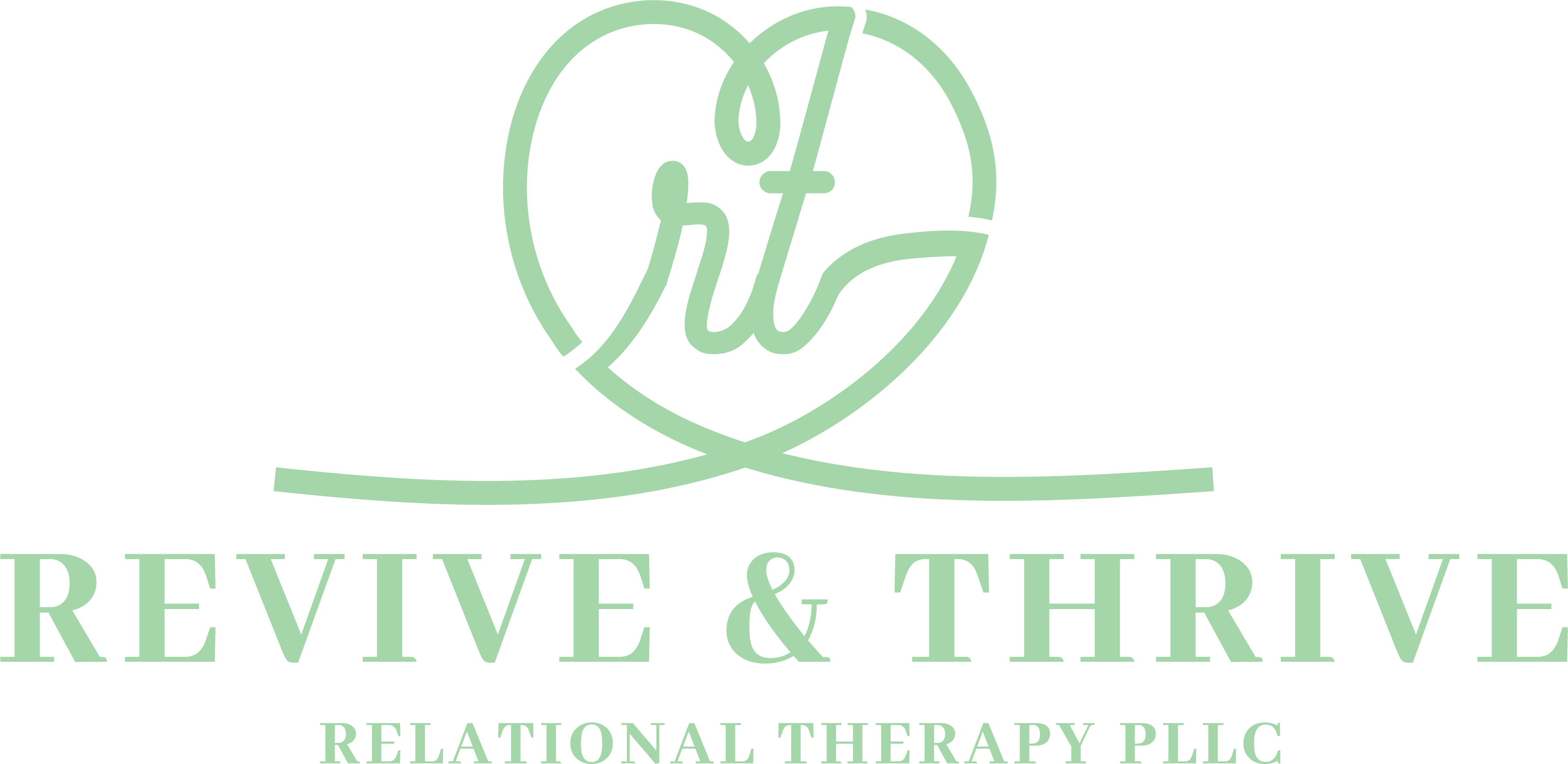I believe in being transparent about my rates. At this time, I have chosen not to accept insurance as a form of payment for my services, therefore will only accept payment via credit/debit card. Accepting insurance for therapy brings several challenges that you may be unfamiliar with:
- Diagnosis: For mental health coverage, therapy must be considered to be medically necessary by the insurance company. For this qualification to be met, a diagnosis must be on file starting on the first session. Because of this requirement, therapists are rushed into providing a diagnosis that may be inaccurate, or coverage is denied. You have a right to know and understand your diagnosis. Your diagnosis is part of your permanent medical file with the insurance company and cannot be removed once given. In addition, there is not current diagnostical criteria or “code” to bill for couples/relational counseling. Some insurance can be billed under family counseling, however it is based on one partner meeting diagnostic criteria for a mental health disorder and treatment being focused on alleviating the symptoms of the diagnosis. In addition to this aspect, because I primarily work with couples, a diagnosis is often inappropriate, and restricts the work that I am ethically able to provide.
- Third party access to records: When billing insurance, your insurance company has the right to have access to your full therapy records. It isn’t a guarantee that your provider will access your files, but an insurance company will audit files randomly. In this case, I am required to turn over my notes and treatment planning along with diagnosis criteria to prove medical necessity for services.
Because of these things, private pay is beneficial to clients by allowing people to access therapy that do not meet criteria for a mental health disorder without session limits or recurrent proof of medical necessity, decreased limitations on treatment, and increased privacy about your concerns. By accepting only private pay, I am able to maintain confidentiality for my clients except where required by law (mandatory reporting or by court order).
I do not offer superbills for couples or relationship therapy. If you are interested in individual therapy with me, please let me know if you would like a superbill for services, which requires me to give you a diagnosis. A superbill is not a guarantee of reimbursement by your insurance company, please make sure to check with them about your out of network benefits.
Session Rates
*Rates updated 12/15/2023
- Individual Intake session (55 minutes): $200
- Couples Intake Session (55minute): $250*
- 30 minute Teletherapy Session: $110
- 50 minute Teletherapy Session: $180
- 80 minute Teletherapy Session: $280
*Please note that couples therapy requires a 4 session assessment process. Only the first session will be charged at the intake session rate, and will be with the two of you together, the second/third session I will assess you individually for 50 minutes each. In addition, you will be sent relationship questionnaires after your first session, which should take 1-2 hours to complete. These 3 pieces of your couples/relationship assessment help us to create a plan of treatment to best support your relationship. The 4th session will be to assess your communication skills and then to share my findings and treatment planning. For relationships where more than 2 partners will be involved in therapy, we will need to add an additional individual session for each partner, and may want to consider 80 minute sessions.
Good Faith Estimate
You have the right to receive a “Good Faith Estimate” explaining how much your
medical and mental health care will cost.
Under the law, health care providers need to give patients who don’t have
insurance or who are not using insurance an estimate of the expected charges for
medical services, including psychotherapy services. You have the right to receive a Good Faith Estimate for the total expected cost of any non-emergency healthcare services, including psychotherapy services.
You can ask your health care provider, and any other provider you choose, for a Good Faith Estimate before you schedule a service. If you receive a bill that is at least $400 more than your Good Faith Estimate, you
can dispute the bill. Make sure to save a copy or picture of your Good Faith Estimate.
For questions or more information about your right to a Good Faith Estimate, visit www.cms.gov/nosurprises.
